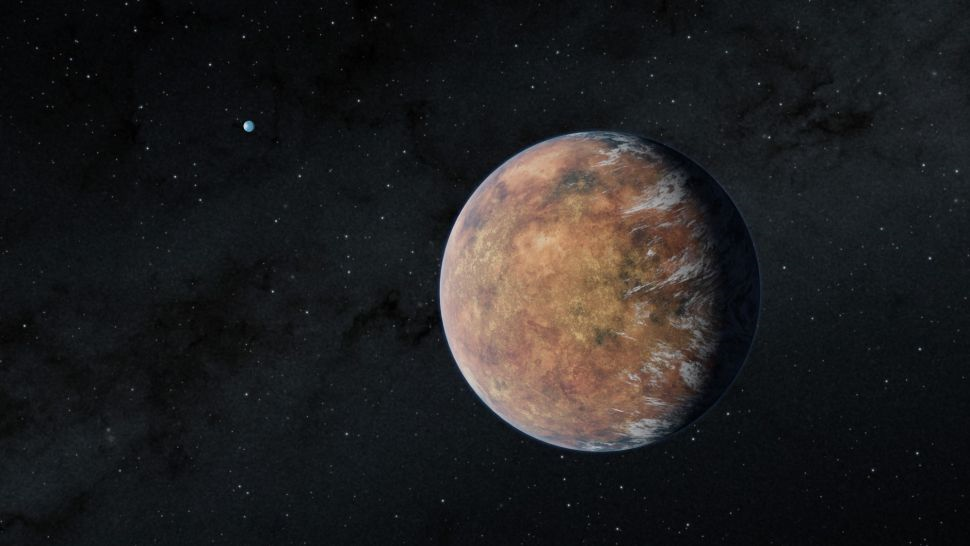MI weekly selection #497

Scientists find aging mechanism — and how to reverse it
Biologists have developed a new model for understanding aging based on the degradation in how DNA is organized and regulated, identifying the epigenome as the predominant factor in the aging process. The findings may help scientists develop treatments to reverse aging and delay the onset of illnesses such as dementia, but such treatments would have to overcome many regulatory obstacles.
Full Story: The Boston Globe
Why we should make room for cougars
Wild pumas, also known as cougars, mountain lions or panthers, are being seen again east of the Mississippi River after being all but extirpated, and researchers have identified more than a dozen areas along or east of the river suitable for sustaining cougar populations. Allowing cougars to thrive “would most likely result in healthier forests, safer roadways, less zoonotic disease and, in turn, healthier human communities,” but human communities must first learn to coexist with the big cats.
Full Story: The New York Times
Declining parasite population alarms researchers
The population of parasitic marine organisms that survive on free-living hosts in Puget Sound declined by 38% for every degree Celsius increase in sea surface temperature from 1880 to 2019, and 10 had gone extinct by 1980. Although fewer parasites may seem like good news, parasites are important to food web connectivity, and the effects of their loss on ecosystems is unknown.
Full Story: ScienceAlert
The most extreme “rogue wave” recorded in North Pacific
Researchers have determined that a 17.6-meter high wave off the coast of British Columbia in November 2020 was the most extreme rogue wave recorded in history. Scientists predict that wave heights in the North Pacific will rise as climate change worsens.
Full Story: ScienceAlert
Earth-size planet with possible water
A NASA spacecraft has detected a second planet of Earth’s size that may contain liquid water. NASA’s Transiting Exoplanet Survey Satellite discovered a new planet in the TOI 700 system that orbits approximately once every 28 Earth days and may be in the habitable zone, where temperatures allow water to exist on the planet’s surface.
Full Story: Space